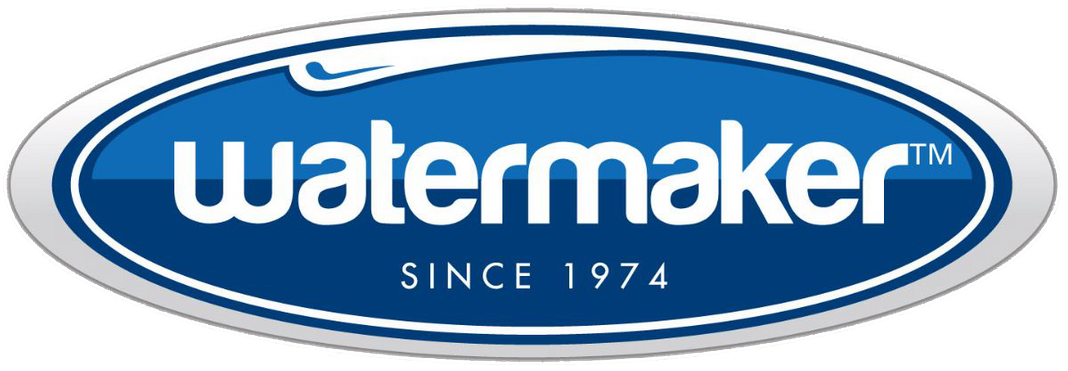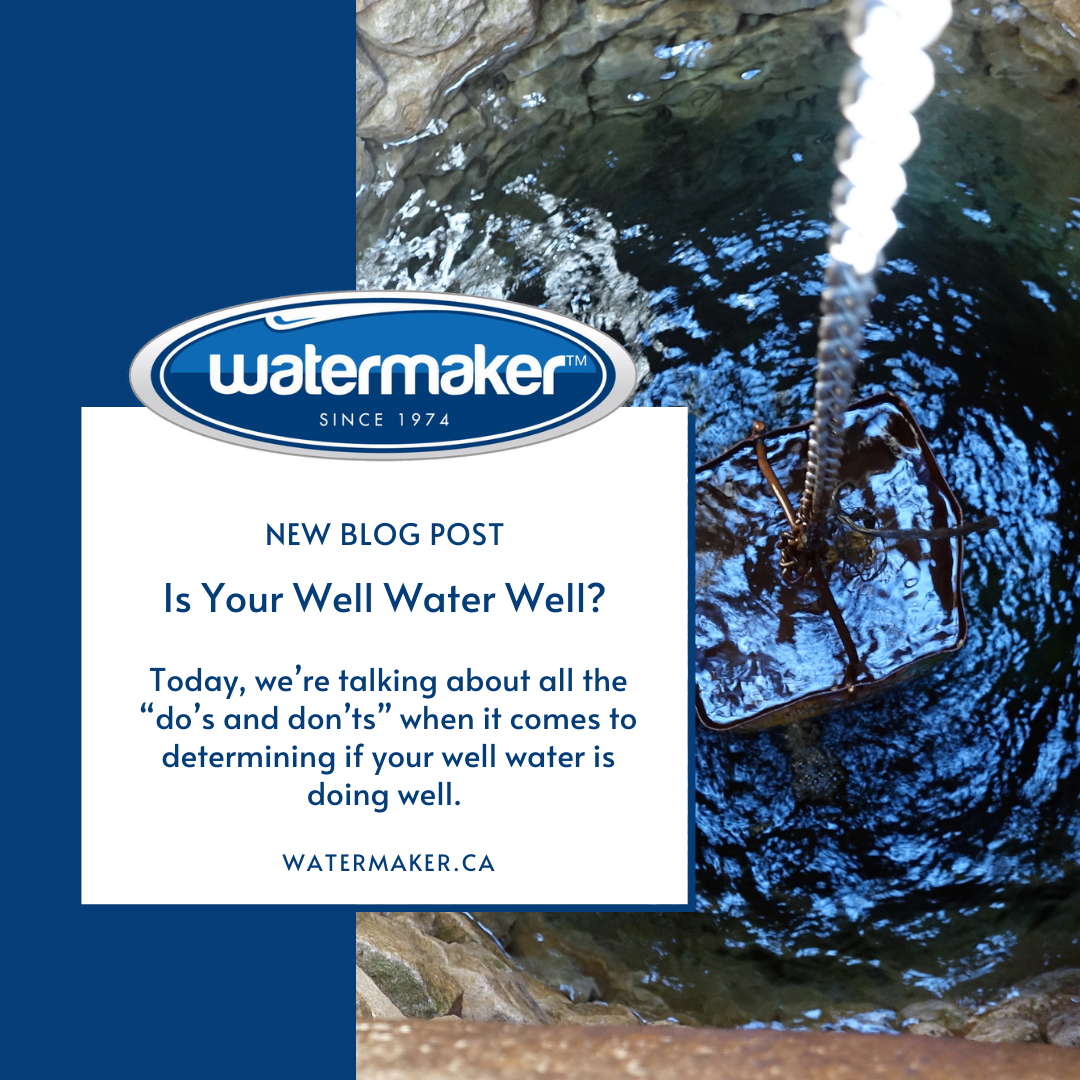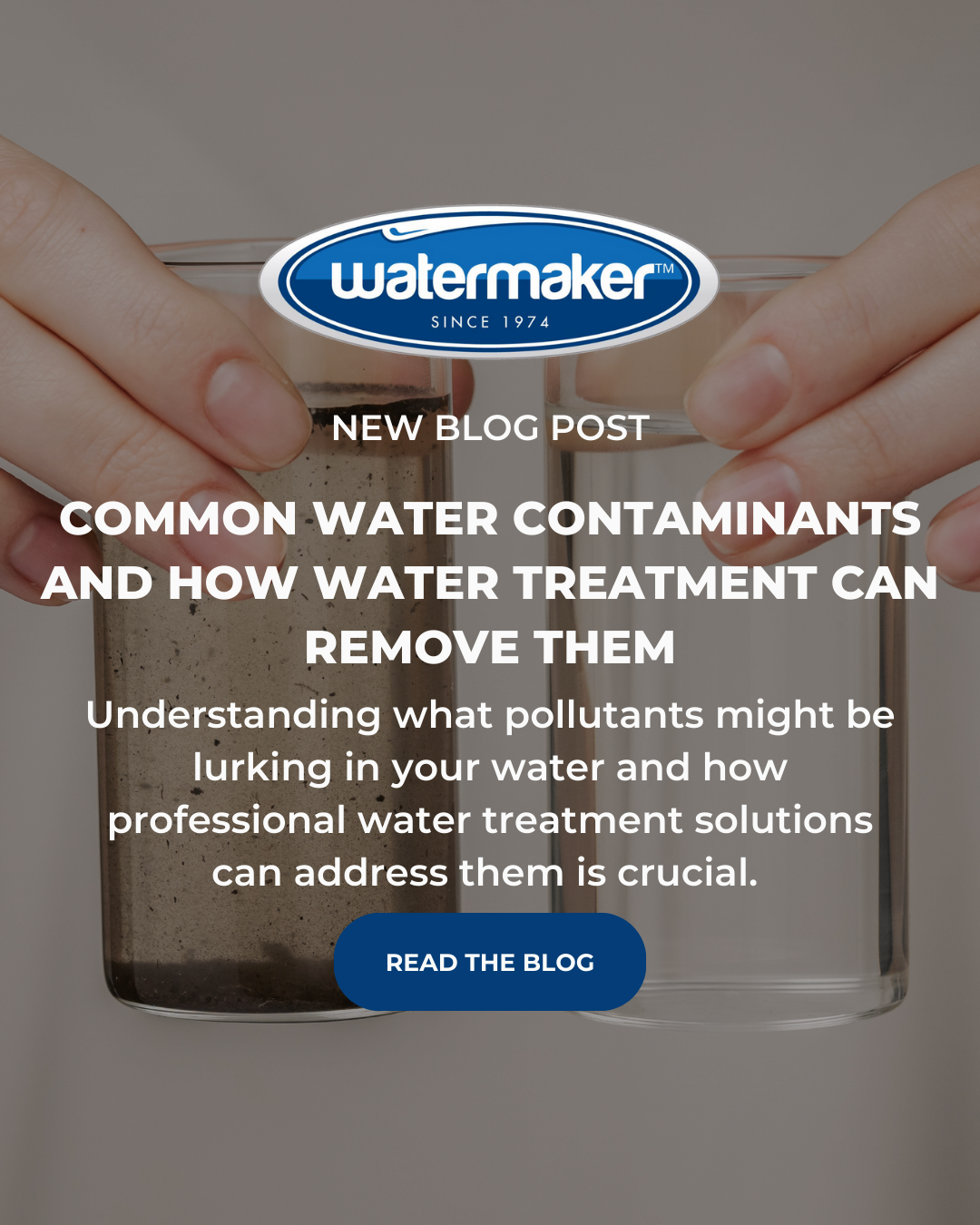Is Your Well Water Well?
Sure the title of this blog is a “play on words,” but it’s an important question we ask and we’re not playing around! People whose primary source of water comes from a well, whether on their personal property or shared with others, should take caution that well water requires regular testing to ensure that it’s, well – well. In other words, to ensure the health and safety of you and your loved ones, regularly testing your well water to ensure that it is free of contaminants is extremely important. Today, we’re talking about all the “do’s and don’ts” when it comes to determining if your well water is doing well.
What to look for
According to Health Canada, you really should consider having your well water tested at least twice annually. You are looking for a variety of things including: parasites, virus, bacteria and/or chemicals at levels that could be harmful to your health. Disease causing microorganisms can manifest at any time and you may notice changes in the taste or smell or even in its look. If there is a history of gastrointestinal issues with your family, this too could be a sign of something going on in.
When to look
While we just suggested above that you run a test at least once every six months, Health Canada advises that at a minimum, every two years you should test your well. Other factors also come into play and are equally important. These include:
-
- How your well is geologically situated. A shallow well is more susceptible to contamination than a deep well, as is one that is only covered by only a thin layer of soil over rock. This could put you at risk.
- Wells are also at risk from excessive spring thaw run off and during rainy season or after any flood event – potentially even flash floods.
- On the opposite side of things a well can be put at risk after a prolonged dry spell or drought or when it hasn’t been used for a lengthy period of time.
- In any of these scenarios, regular testing will help to identify any risks so that you can take corrective action. E coli is a prime example of bacteria that could cause significant health issues, severe illness and even death.
Other possible risks to consider
- A number of other contaminants could also be in your well water that are problematic. These are chemicals such as nitrate and nitrite, manganese, arsenic, uranium and lead.
- Less dangerous, chemicals that Health Canada identifies as “aesthetic,” (but still might concern you) may also be found and could impact the functioning of your pipes or appliances and/or the taste and smell. Generally these are considered less dangerous but should be checked regularly. They are:
- Sodium
- Sulphate
- Chloride
- Ammonia
- Alkalinity
- Iron
- And several others – ask us for your complete list.
In this circumstance, Health Canada suggests you may choose to treat your water to help prevent issues like staining or scaling but the water itself is considered safe to drink.
Every community is different and every well is different. Sometimes a noticeable odour, while off-putting, is nothing to worry about and perhaps the residents of the home or area are used to it but visitors would be aghast. While it is generally considered “tasteless” you’ll find no end to the folks who say they can distinguish between particular brands of bottled water or that they can taste the difference between town water and well water. For a clear liquid meant to quench thirst, it offers quite a range of possibilities and when it comes to water from a well, those possibilities might even include the risk of illness.
If you are concerned about the well water in your area or for your home in particular, consider getting it tested professionally to ensure all is in order. You may also wish to browse the complete line of products and services available through Watermaker Orangeville and consider alternatives to your well water as a source of drinking water. We offer a wide range of products that will help with demineralization, sterilization and more. You may even choose bottled water for your drinking water needs and treatments for other water uses such as bathing and laundry.
We can help. Remember, not all water is equal. If you think your well water isn’t doing well – get it tested or ask Watermaker what we can do for you!



